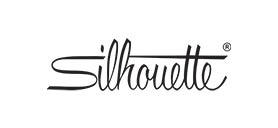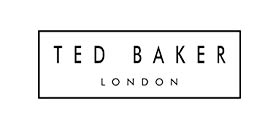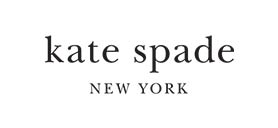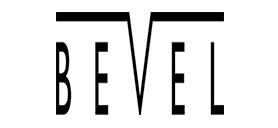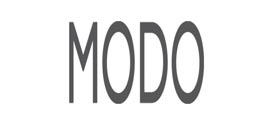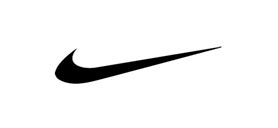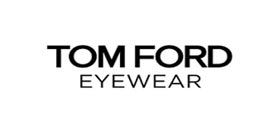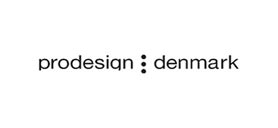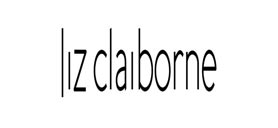Keratoconus is a progressive eye disease that affects the cornea or the clear, dome-shaped surface of the eye. It causes the cornea to thin out and bulge into a cone-like shape, distorting vision. This condition predominantly strikes the younger population, especially those in their teenage years through their early thirties. Moreover, keratoconus affects around 1 in 2,000 individuals.

Keep reading to discover factors that can increase your risk of developing keratoconus.
What Can Affect Your Risk of Developing Keratoconus?
Genetics
You’re more likely to get keratoconus if you have a family history of the condition. Studies suggest that 10-20% of individuals with keratoconus have a parent with the same condition. This highlights the importance of routine eye exams, especially for those with a family history of eye diseases.
Chronic Eye Inflammation
Allergies and chronic eye rubbing can contribute to the development of keratoconus. Constant irritation and habitual eye rubbing can weaken the corneal structure, causing thinning and bulging. Those with known allergies must see an eye doctor regularly to monitor for symptoms indicative of keratoconus.
Environmental Factors
Environmental factors can also influence your risk of developing keratoconus. For instance, constant exposure to harmful UV rays without adequate eye protection can lead to corneal damage. Before heading outside, be sure to wear UV-blocking sunglasses to keep your eyes protected.
Why Regular Eye Exams Matter
Routine eye exams can help in the early detection and treatment of keratoconus. Eyeglasses or soft contact lenses may provide sufficient vision correction in the condition’s initial stages. As keratoconus progresses, hard or hybrid lenses may become necessary. Sometimes, corneal transplants are needed for advanced cases.
If you notice changes in your vision or experience persistent discomfort, seek professional care right away. Vienna Eyecare Center has the experience and equipment necessary to diagnose various eye conditions. Call us at (703) 938-7633 or complete our online form to schedule an appointment. We assist patients in Vienna, Reston, and McLean, VA.

